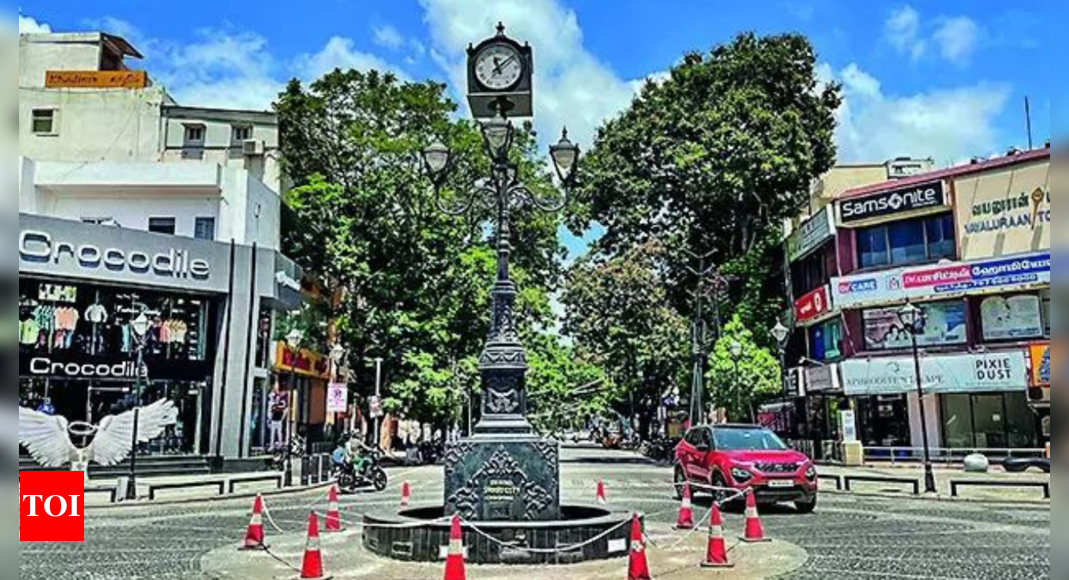NEW DELHI: An IIT-Kharagpur study has pointed out how Integrated command and control centers (ICCC), which are the nerve centers of 100 smart cities, are facing a financial sustainability crisis as states and municipalities are not allocating enough funds to them.
ICCCs are integrated and centralized control and monitoring centers for different services and systems in a city. Key features integrated into these centers are city infrastructure management, civic services monitoring, traffic and transportation management, security and surveillance, and disaster risk simulation and prediction.
In their study on the role of ICCC in the effectiveness disaster managementThe leading technical institute concluded that the financial sustainability of these centers remains the “biggest challenge” that the Smart City Mission must address. It has strongly recommended a revenue sharing mechanism, which is generated from the core functions of an ICCC such as traffic management and surveillance.
“Currently, the revenue generated goes to the state treasury without any basis for sharing with the ICCCs, which have to install, maintain, operate and regularly upgrade the infrastructure. Huge recurring costs are required for the operation and maintenance of such infrastructure. A cost-sharing mechanism is mandatory to support the ICCC’s allied functions,” the report says. It has recommended monetization of ICCC infrastructure such as fiber optic cable and making a mobile app for ICCC and monetization of such app mandatory to overcome the liquidity crisis faced by these facilities.
“Mobile apps and call centers should be mandatory for all ICCCs apart from web-based services. This becomes the direct contact point for citizens with urban local bodies (ULBs) and Smart City Mission through ICCC to avail various urban services or file complaints related to the same,” the report said.
Taking note of the high dependence on private players in the management of ICCCs, the study recommends that there is a need to focus on internal capacity development of staff and less dependence on original equipment manufacturers (OEMs). It has said that OEMs should be supervised and managed by management staff, whether from the Smart City Mission unit or the ULBs.
This study has praised the role of ICCCs in disaster management in Bhubaneswar, Visakhapatnam and Agartala. He highlighted the role of these centers and smart city infrastructure in disease control and management, especially during the Covid-19 pandemic.
The need to protect hardware deployed in the field for real-time information, which is prone to vandalism and theft, has been recommended.




